Click here for 10 autism-friendly primary schools in the Klang Valley. We uprooted the family…
Finding Schools For A High-Functioning Autistic Child In Malaysia Is Damn Hard
Click here for a list of 10 autism-friendly primary schools in the Klang Valley.
Update 8-March-19: Ayub no longer attends Acton KL, and it’s still wonderful 🙂
Update 28-Sept-17: Ayub now attends Acton KL and it’s wonderful 🙂
We’re waiting for the full assessment report from Oasis Place on Ayub. But based on the centre’s pre-assessment, plus assessments from Putrajaya Hospital and HKL, it looks as though my 7-year old boy has high-functioning autism and ADHD.
While he’s currently enrolled at the Dyslexia Association of Malaysia‘s school, it’s a temporary solution, and he has to eventually go to another school. I wish he could stay at PDM (Persatuan Dyslexia Malaysia) forever because it’s awesome. But it’s not the right fit (because Ayub isn’t really dyslexic). Plus they only focus on maths, English, and Bahasa Malaysia.
My son is too special for mainstream school
SK TTDI 2 (Sekolah Kebangsaan Taman Tun Dr Ismail 2) is a government school that includes a special needs program. That means it’s still a mainstream school for regular kids following the national syllabus. Then there’s like 10 (?) classes dedicated to special needs kids. I’ve seen kiddies with down-syndrome, autism, and mental handicaps there – all separated into classes that suit their specific needs.
Due to the fact that Ayub was diagnosed as dyslexic from Putrajaya Hospital in December last year, he joined the dyslexia program at the school. And because dyslexia is a learning disability and not a mental disability, that meant he took all subjects with the mainstream class, with the exception of maths and Bahasa Malaysia, which he took in a separate dyslexic kids-only class.
At the beginning things seemed ok. And then these two things happened.
1. His behaviour at home changed dramatically
Ayub is usually very well-behaved and obedient, plays with his brother, does his chores, is a happy smiley kid. That slowly stopped. I didn’t notice it at first; it was a gradual thing. He acted out. He talked back. He started to throw tantrums. I saw it, but didn’t put 2 and 2 together because I’m stupid.
Then one evening he punched Sulaiman in the face. Really hard. Over a tiny, insignificant, unintentional accident. That’s not my Ayub.
And that’s when I asked him this one question…
“Do you get angry at school..?”
2. He had no friends
He answered that question with “yes.” And my heart broke.
Ayub, with a lot of coaxing and cuddles, told me he got angry a lot at school. He got angry with everyone at school. And he had no friends. I asked him why he got so angry. He couldn’t quite reply. But basically, he’s different. And the kids knew it. And they didn’t like it.
I understand. I was a regular kid. And I ignored/rolled my eyes/teased/laughed at the different kid. The weird kid.
My son is the weird kid.
He just doesn’t fit in. That’s what I mean about him being too special for mainstream school. His IQ tests show he has average to above average intelligence. I’ve seen his creative thinking skills in action; he’s a really smart kid. He doesn’t look like a special needs person. He looks like a regular kid. The majority of the time he acts like a regular kid.
That’s why specialist, psychologists, and doctors at both Serdang Hospital and Putrajaya Hospital missed the diagnosis.
As a high-functioning autistic, he can do anything a non-autistic person can do, except socialize.
3. His grades were terrible
TERRIBLE.
Now look, I don’t care about grades. I’ve failed classes before. I’ve aced classes before. The letter on that piece of paper does not indicate my intelligence.
But with Ayub, it was clear that those grades were an indication that he wasn’t learning a thing. If his IQ tests had revealed he was a slow learner (i.e. mentally challenged), then I wouldn’t give a rat’s ass what his exam scores were. But the fact is, he’s a highly intelligent person. Not only did he score badly on every paper (with the exception of Art where he got an A), when I asked him what he learned he replied “nothing.”
Ayub added that everything was so hard, that he didn’t understand, and that he wasn’t good enough for school.
I want him to enjoy learning, because learning new stuff is awesome. I want him to grow and be happy.
My son is too mainstream for special school
He’s smart, he’s capable, he’s independent. He can do most everything on his own that his peers can do. Ayub hit all his physical milestones either early or on time.
The problem is that he has a significant speech delay. But he is NOT non-verbal. He can speak. He has trouble explaining things, but he can speak. And for the most part, we can understand him. But other children cannot.
The second problem is his lack of social skills. He’s unable to read social cues, body language, facial expressions, and tone of voice. He doesn’t understand jokes. To him, everything people say is serious and is the truth. Ayub cannot tell a lie. Bless his sweet heart.
Special needs schools I’ve looked at are not really suitable for Ayub because the children are severely autistic or mentally handicapped. The syllabus is therefore, obviously, catered for these special kiddies. Ayub is so smart. But unable to learn because he’s in the wrong environment. In a special needs school, I fear he won’t be able to reach his potential because the classes will simply be too easy for him? I don’t know.
Being somewhere in between
That’s where we are right now. Somewhere in between.
Too special for mainstream school. Too mainstream for special school.
Maybe I’m asking for too much. What I want is a school that has smaller classroom sizes (less than 10 kids per class) and well-trained teachers who understand special kids. With English as the main medium. And grades being secondary to completely unimportant. Where learning is fun. Where art is not viewed as an inferior subject. And where fees do not surpass RM1,000 per month. Sigh.
If you know of any schools that fit that description, please let me know.

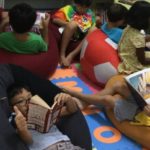
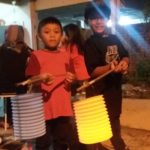


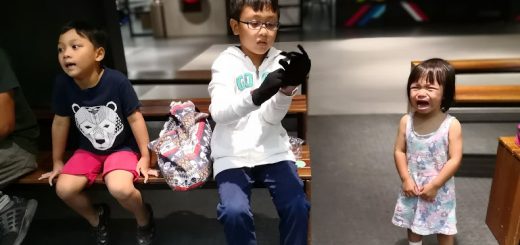
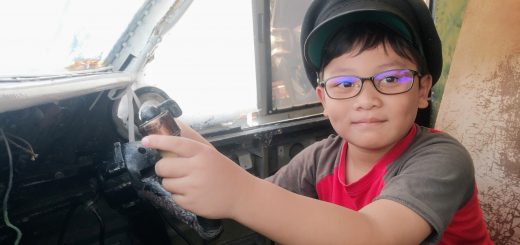
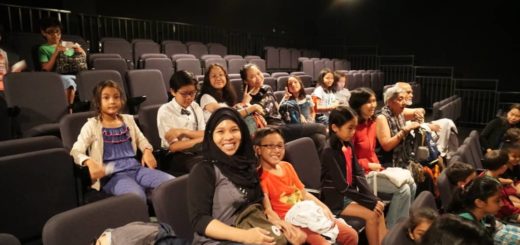



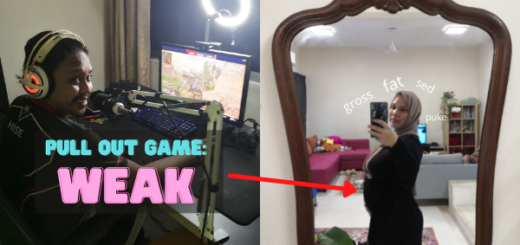
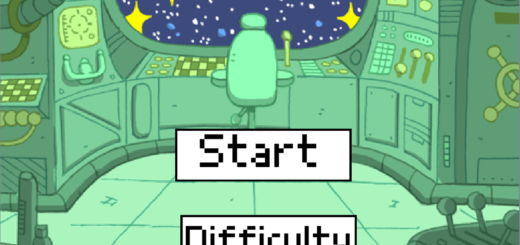



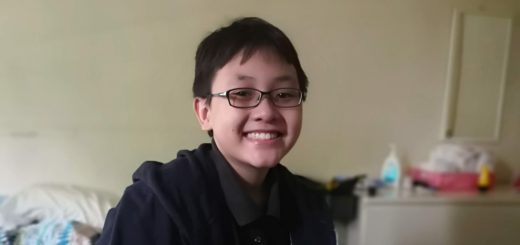
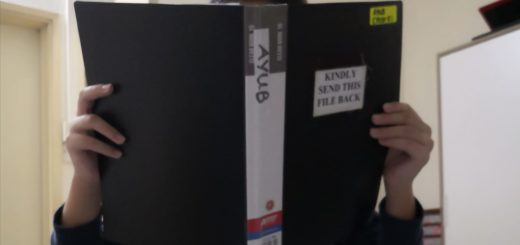

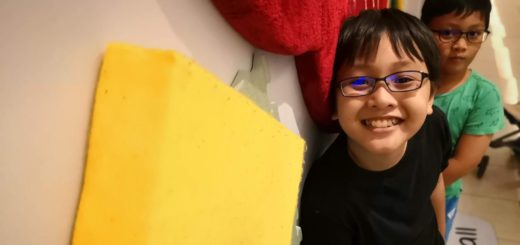

Facebook Comments